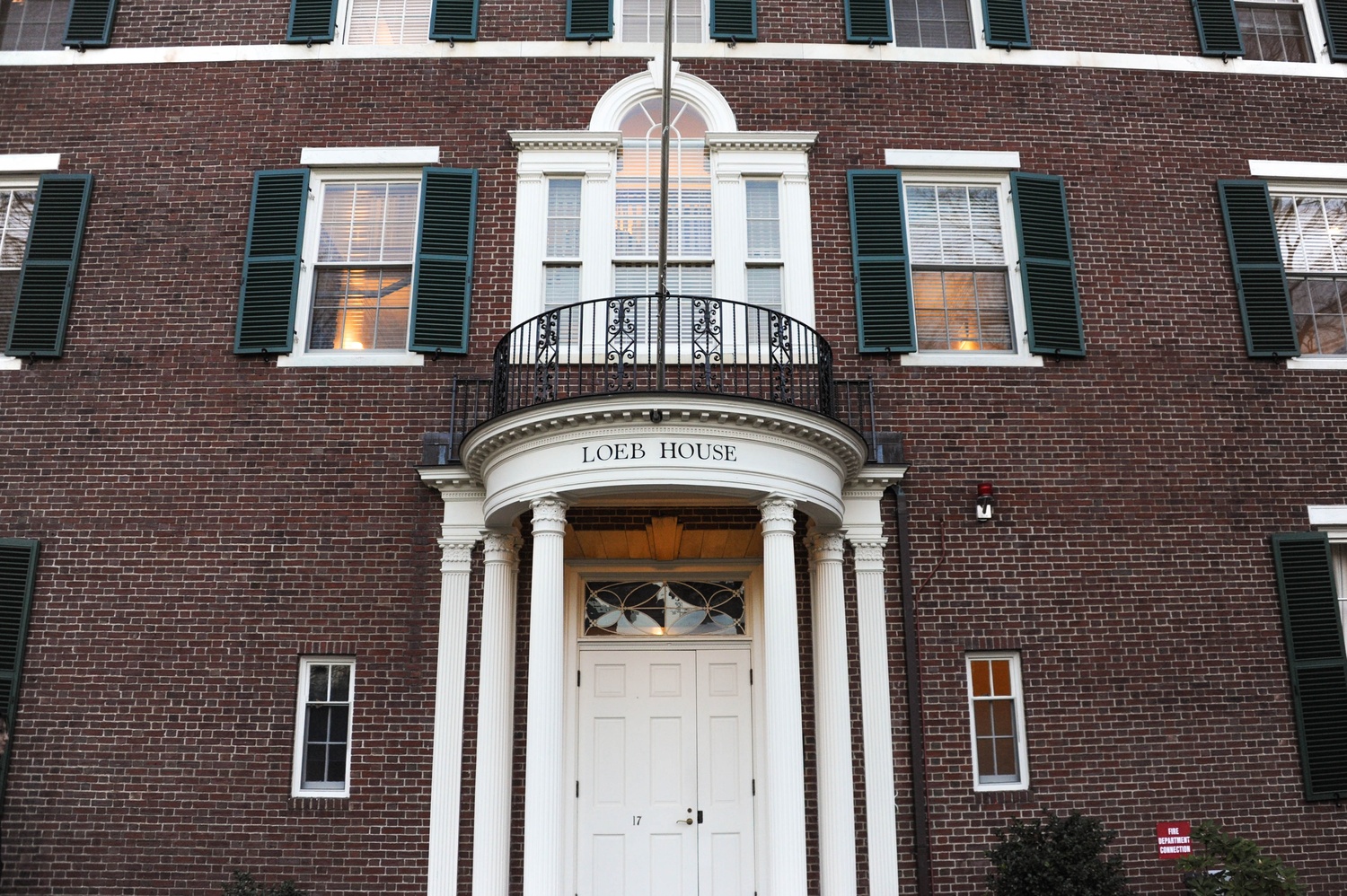
News
Pro-Palestine Encampment Represents First Major Test for Harvard President Alan Garber

News
Israeli PM Benjamin Netanyahu Condemns Antisemitism at U.S. Colleges Amid Encampment at Harvard

News
‘A Joke’: Nikole Hannah-Jones Says Harvard Should Spend More on Legacy of Slavery Initiative

News
Massachusetts ACLU Demands Harvard Reinstate PSC in Letter

News
LIVE UPDATES: Pro-Palestine Protesters Begin Encampment in Harvard Yard
Overseer Resigns Over Harvard's Continued Fossil Fuel Investment

UPDATED: May 22, 2018 at 8:11 p.m.
Kathryn “Kat” A. Taylor ’80, a member of the Harvard Board of Overseers, resigned her post Tuesday in protest of what she called Harvard’s “failure” to “adopt ethical commitments” when investing its $37.1 billion endowment.
Taylor, who joined the Board of Overseers—the University's second highest governing body—in 2012, wrote a letter to her fellow board members, the Harvard Corporation, University President Drew G. Faust, and President-elect Lawrence S. Bacow Tuesday announcing her resignation. In the letter, she noted she has been “pressing” Harvard to change its investment practices since she began her term.
“We should and would be horrified to find out that Harvard investments are actually funding some of the pernicious activities against which our standout academic leadership rails,” she wrote. “But that is where we still sit, vulnerable to the inevitable association with our investment targets that profiting from them demands.”
Taylor specifically pointed to fossil fuel investments. Colin Butterfield, the head of Harvard Management Company’s natural resources portfolio, said in April 2017 HMC was “pausing” investments in certain fossil fuels—though the University has repeatedly refused to categorically divest from fossil fuels.
The University has faced consistent pressure in recent years from faculty and students around the issue.
More than 100 Harvard faculty signed an open letter in April 2014 urging University President Drew G. Faust and the Corporation to divest from fossil fuel investments. In Feb. 2015, a group of 20 students stormed and occupied Massachusetts Hall— where Faust’s office is located—to demand fossil fuel divestment. And in March 2017, 20 members of the student activist group Divest Harvard blockaded University Hall to demand similar action.
Despite mounting pressure, Faust has consistently argued against divesting from fossil fuels, asserting Harvard can better tackle climate change through research.
“While I share their belief in the importance of addressing climate change, I do not believe, nor do my colleagues on the Corporation, that university divestment from the fossil fuel industry is warranted or wise,” Faust wrote in a letter to Harvard affiliates in 2013.
Taylor wrote an op-ed in The Crimson in March calling on the University to divest from fossil fuels. The op-ed marked the first time any member of Harvard’s governance boards publicly supported divestment.
Taylor’s resignation letter did not solely focus on fossil fuels—Taylor also wrote she is concerned by other potential endowment investments.
“Some concerns I share with those outspoken among them pertain to the potential presence in that endowment of fossil fuel reserves we can never afford to burn, land purchases that may not respect indigenous rights, water holdings that threaten the human right to water, and investments at odds with the safety of children and first responders,” she wrote.
A group of residents in Cuyama Valley, Calif. recently raised concerns regarding a Harvard-owned vineyard that uses significant water resources in the drought-stricken region.
Taylor also criticized what she called the “opaque” nature of Harvard’s investments. The investments are held in a variety of funds, making it to difficult to get a comprehensive picture of the University’s holdings.
“We don’t know what we don’t know, especially now that so much of the endowment is held in opaque funds,” she wrote. “And not knowing what endowment investments might be supporting will never be an excuse.”
University Spokesperson Melodie L. Jackson wrote in an emailed statement Tuesday that Taylor has long made her support for divestment known to members of Harvard's governing boards.
"Her individual opinion is respected and welcome, as are the diverse views of people across our community," Jackson wrote. "We agree that climate change is one of world's most urgent and serious issues, but we respectfully disagree on the means by which a university should confront it."
"As an academic institution, Harvard will continue to pursue a leadership role in seeking meaningful, effective solutions to climate change through wide-ranging research, education, community engagement, and dramatically reducing its own carbon footprint," Jackson added.
Taylor’s resignation comes just one day before her six-year term is set to conclude. In an interview, Taylor said she resigned now because she has used “every minute” of her term to work with students, faculty members, administrators, and other members of the University governance boards and has “failed to make any headway” on creating more transparency in Harvard’s endowment investment practices.
“My last remaining effort available within my opportunity set is to resign before my literal last day as an elected member of the Board of Overseers in protest over the lack of transparency about how Harvard’s endowment is managed and invested,” she said.
Taylor also used her letter to bid farewell to her fellow Overseers and call on them to continue her work.
“My only regret in resigning early is missing the chance to bid you a proper goodbye,” she wrote. “I fervently hope that all of you will demand accountable financial transactions on behalf of us all as I have tried to do.”
—Staff writer Jamie D. Halper can be reached at jamie.halper@thecrimson.com. Follow her on Twitter @jamiedhalper.
Want to keep up with breaking news? Subscribe to our email newsletter.
